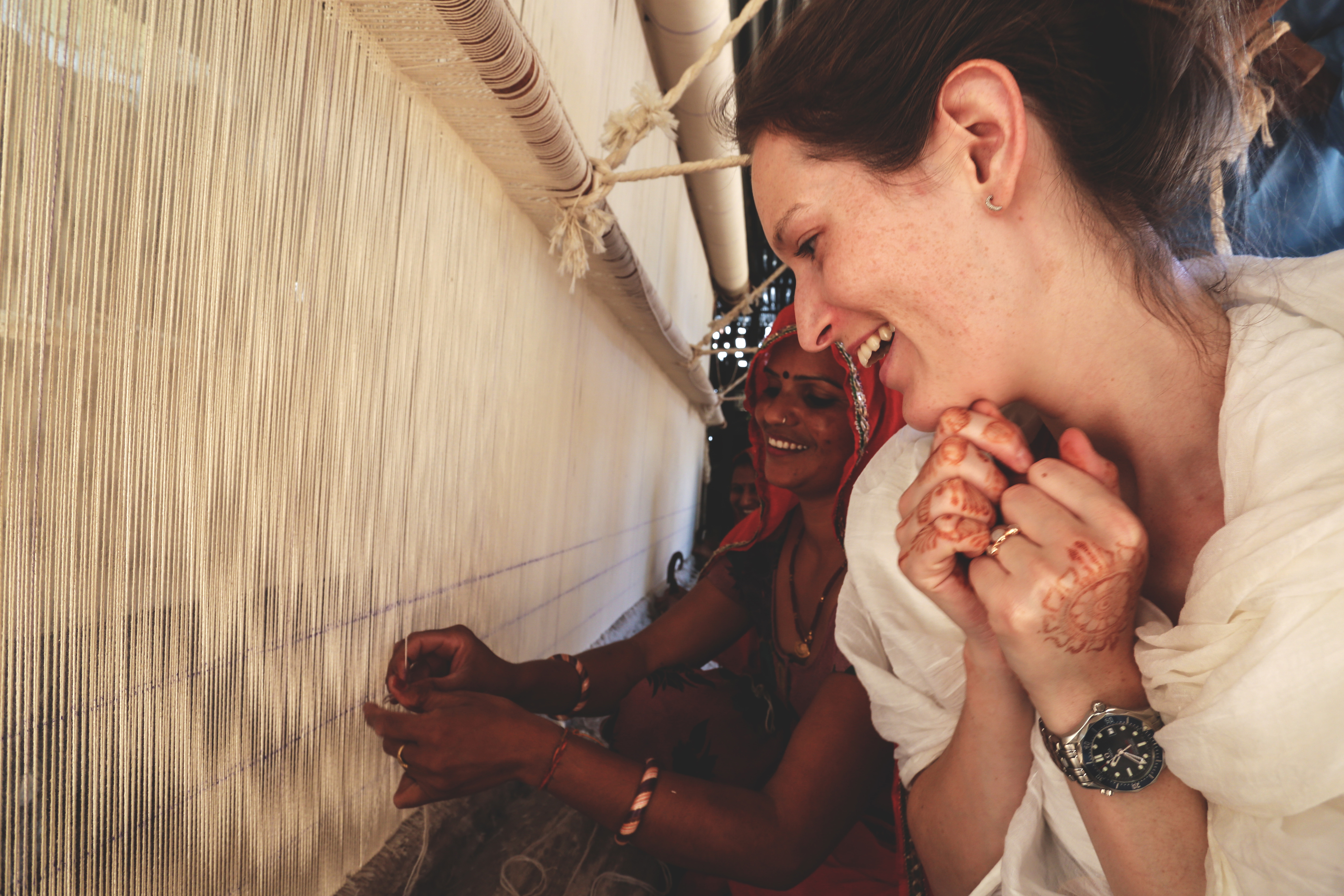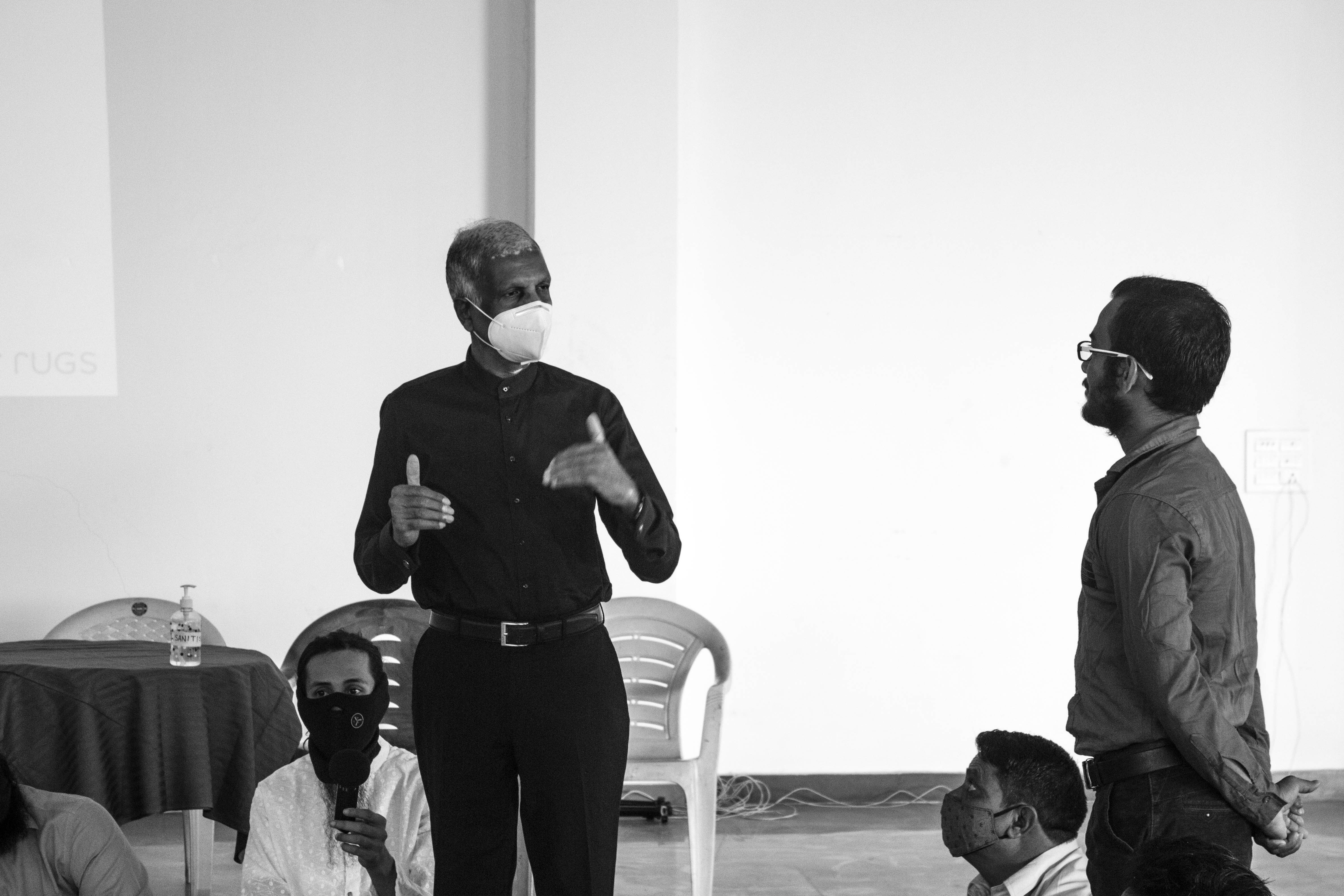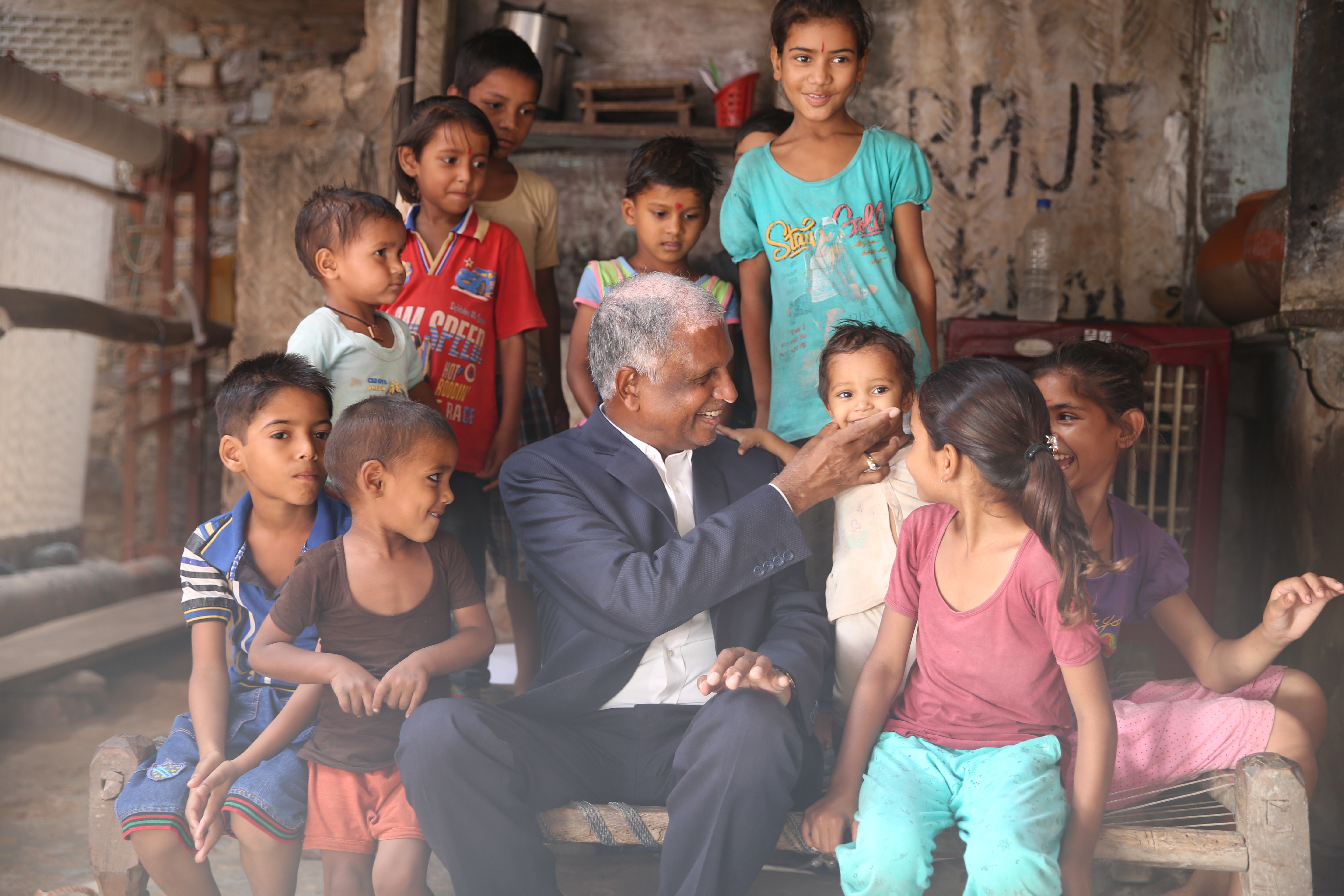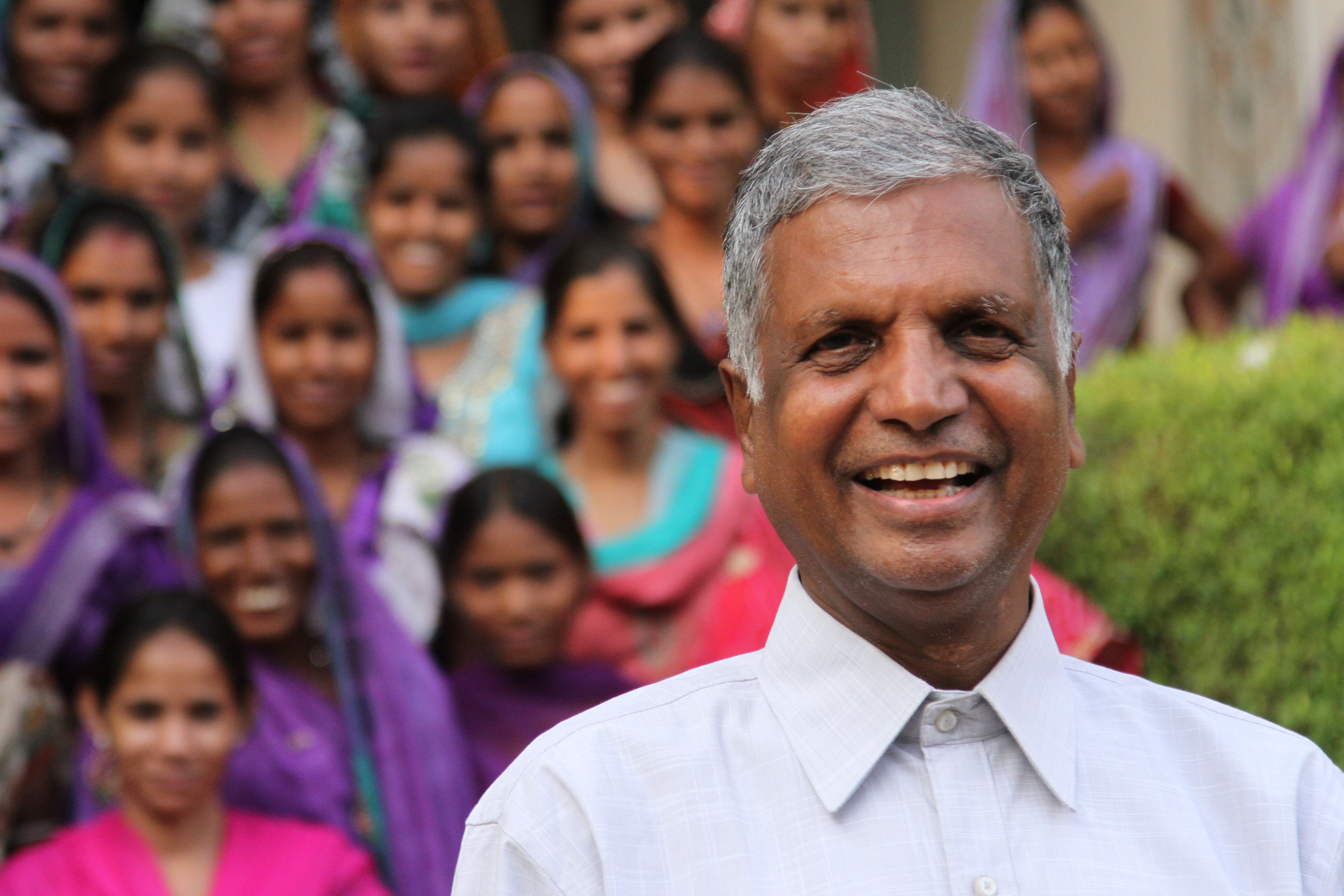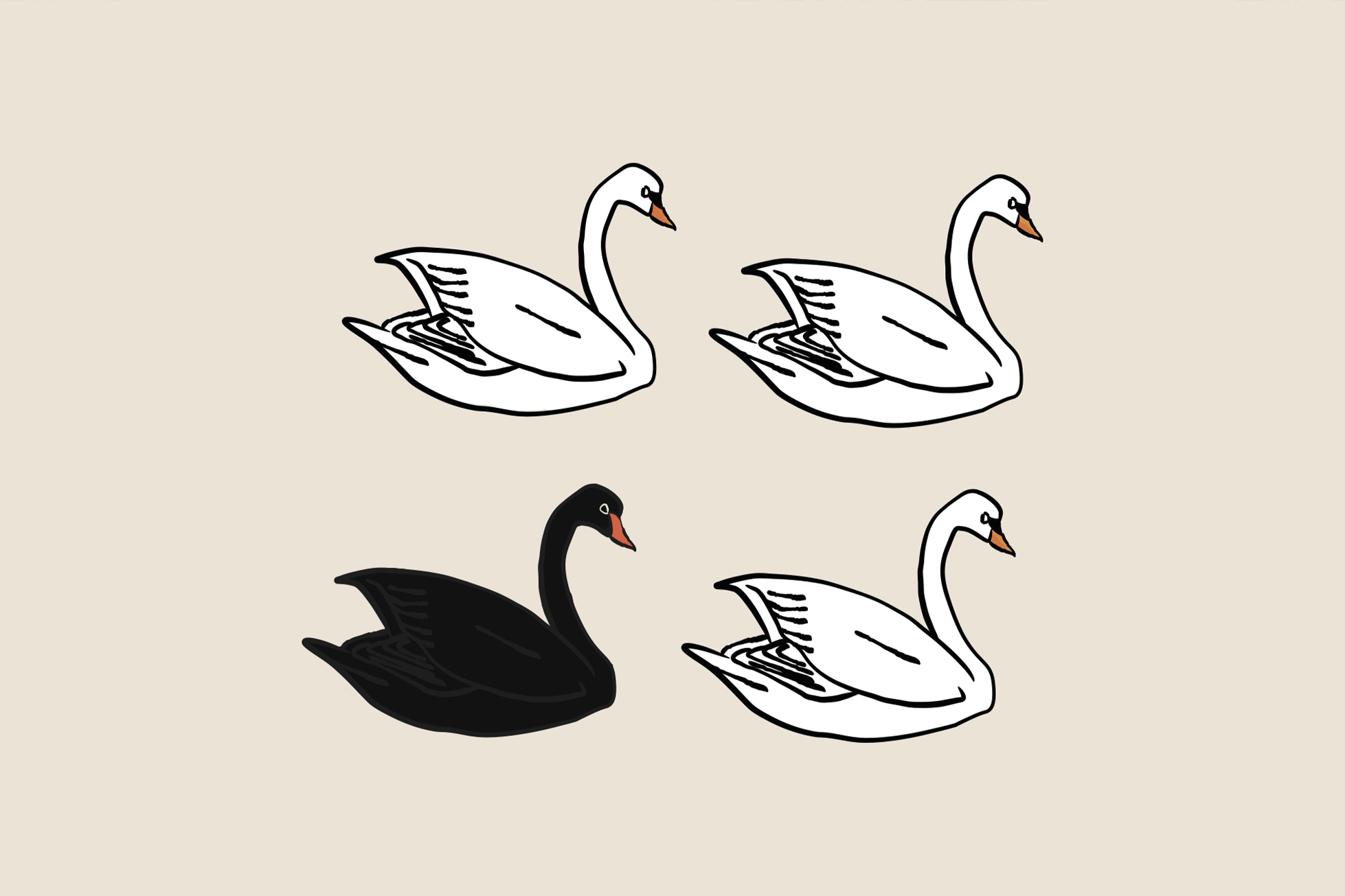The illiterate of the 21st century will not be those who cannot read and write, but those who cannot learn, unlearn, and relearn.- Alvin Toffler
Often we say life is all about learning. But I want to add something more to that. We are on a lifelong journey of learning, unlearning and relearning.
Unlearning is like solving a Rubik’s cube. In order to solve the puzzle, we should keep trying with patience and determination. Also, we need to discard our old ways to try and figure out something new so that we get it right. The process is difficult especially when we need to make our mind understand not to use the old method.
Similarly in business we get stuck with what we know from college and higher education. But our learning is incomplete which makes it ineffective. Learning and unlearning is like the pages of a book, once you finish a page you ought to turn it for the next chapter.
When my five children joined the business, my business started growing like a wildfire. To support the rapid growth of the business I had to hire experienced and educated professionals. But they put me upside down. I learnt that knowledge is power but too much knowledge and knowledge gained without practice develops ego.
Practitioners sometimes get the skills without having the knowledge. To break the ego of the professionals, I started a learning initiative which we named ‘Higher School of Unlearning’; we made the professional work with our older uneducated people in different departments to develop a deep understanding of the business process. I also took the challenge to teach them the basic fundamentals to manage the business and people like ours, which they never learnt in their school and college. This helped to develop a culture of shared wisdom and also benefited the business at large.
Learn to unlearn
Learning, unlearning and relearning is a continuous process and it brings a child like innocence which is important for business to flourish in an organic manner. Leaders should remove the limits rather than setting them for the growth of their business.
Earlier when I started using my mobile, smart phones were not in the market. The switch from the old model to the new touch screens weren’t easy. Each time I had to tell my mind not to press but touch. This reminds me of a very old and common story.
Once in a village there lived a woodcutter named Raghav. Raghav has been working for a timber merchant for three years. But even after working for three years, he never got a raise. Later the company hired another woodcutter, Bill, who got a raise after completing just one year. Raghav complained to his boss. The boss said, “Your productivity over the years has not improved. You are still cutting the same number of trees that you started with.”
The boss gave him a designated area and asked him to cut the same number of trees as Bill did. Raghav worked with more determination, putting long hours and hitting harder. However, he was unable to meet the standard set by Bill. The boss called Bill and asked, “How did you manage to cut more trees?” Bill replied. “After cutting each tree, I take a break and sharpen my axe. When did Raghav last sharpen his axe?”
In business we often think in a linear manner whereas the customer’s journey is non linear. Just like how to bring a change we need to be the change, we need to recognize the limitation, find an alternative and create a better model that gives out better results. This requires us to unlearn old habits. Organizations have been focusing too much on learning which makes it all the more difficult to unlearn and adapt to a changing environment.
Agility is an essential factor in unlearning. Leaders should find ways to nurture agility among their employees because technology is already forcing it on them. Self-upgrading is the only way forward.
Another important factor in the growth of a business is employees realizing the need of self directed learning. When they have a choice in how and what they need to learn, both motivation and engagement are paving way for deeper learning.
We have a small but rich library set up at our Jaipur Rugs headquarters from which employees can borrow books to enhance their learning. We also provide artisans, many of whom are uneducated, opportunities to attend classes so that they can at least learn the basics.
The imposition of reality is very deep in us with our mindsets being rigid to change. To practise unlearning, one can raise consciousness, analyse mindsets and actions. Most of us are not aware of how we arrived at our present mindset or for that matter the existence of a few prevailing worldview within ourselves. We were involuntarily conditioned to think like we do. Therefore, in order to unlearn we need to have a recognition that what we are doing is not working.
Unlearning in business is necessary for the growth of the organization. Only if we remove our old mindsets and methods we can create something new and unique. It’s the curiosity that leads to the breakthrough of a new project or cracking a deal with an unexpected client. Unlearning is a systematic approach to improve and break one barrier at a time.
